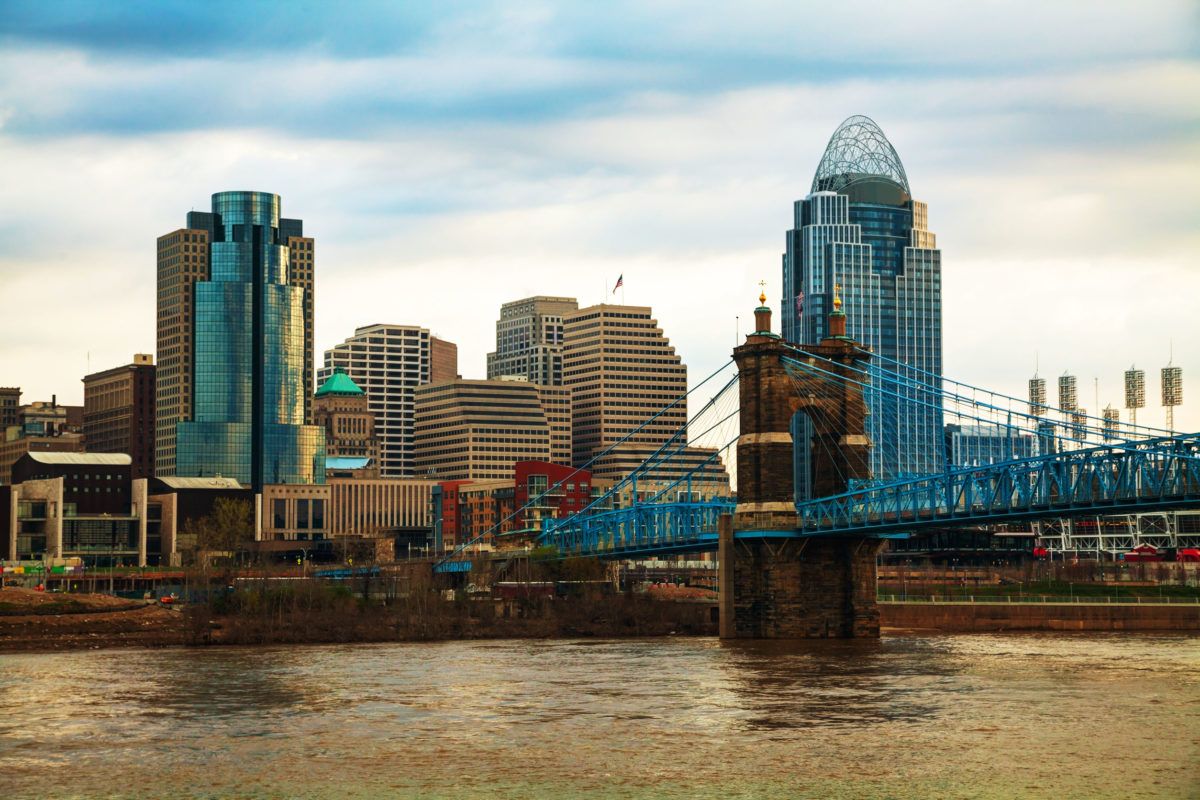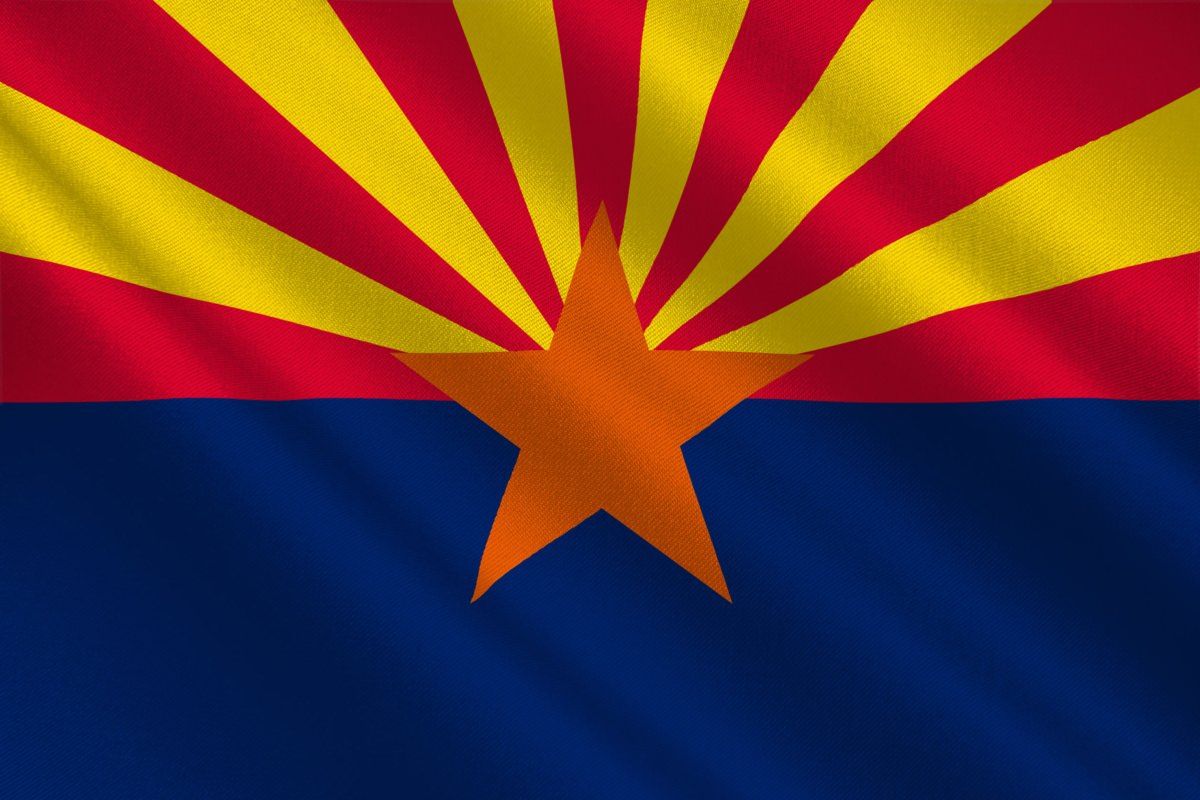The Western Pacific island of Guam is set to become the second American territory to create a recreational marijuana industry, pending only the approval of Gov. Lou Leon Guerrero.
The neighboring Northern Mariana Islands approved creation of an adult-use cannabis market last year.
Guam’s law will regulate the use, production, sale and taxation of cannabis while also establishing a Cannabis Control Board and declassifying marijuana as a Schedule 1 controlled substance.
Supporters of the bill overcame opposition attempts to delay the vote, and the Guam Cannabis Industry Act was eventually approved in the territory’s Senate.
The board will adopt rules and regulations necessary to enforce the new law within one year.
Read the full The Guam Cannabis Industry Act here.
Those regulations will include procedures for the issuance of licenses to operate cannabis establishments and will also cover:
- Labeling and packaging requirements for marijuana products.
- Standards for the manufacture of cannabis products and the cultivation of the plant.
- “Reasonable” restrictions on the advertising and display of marijuana products.
- “Reasonable” restrictions on the quantity of cannabis and derivative products that can be purchased at any one time by a consumer.
- Implementation of a seed-to-sale tracking system.
Guam’s law defines “cannabis establishment” as a facility housing cultivation, testing or manufacturing practices or a retail store.
Residents will be allowed to grow three flowering plants – and up to three more non-flowering plants – provided they are in an enclosed, locked space and not openly visible or for sale.
Cannabis consumption “openly and in public” will be banned, unless otherwise permitted by regulations yet to be adopted by the Cannabis Control Board.
Every marijuana cultivation facility will pay an excise tax of 15% on the value of cannabis sold or transferred from the facility to a retail MJ store.
“In the interest of enhancing revenue for public purposes with the creation of a new industry, enhancing individual freedom and promoting the efficient use of law enforcement resources, the use of cannabis should be legal for persons 21 years of age or older and the production and sale of cannabis should be regulated for public health, welfare, safety and taxation purposes,” the bill notes.





